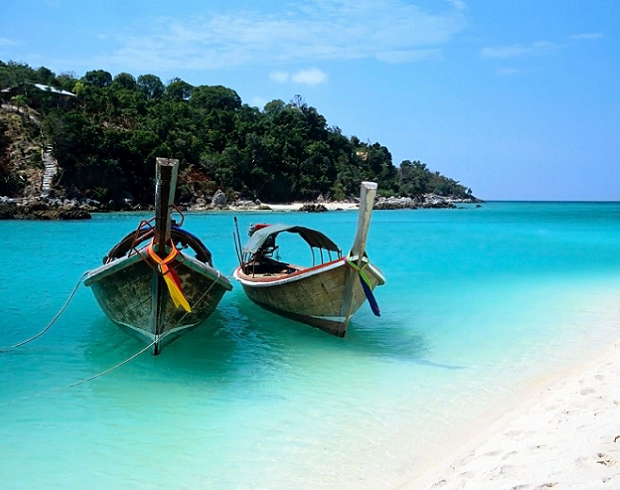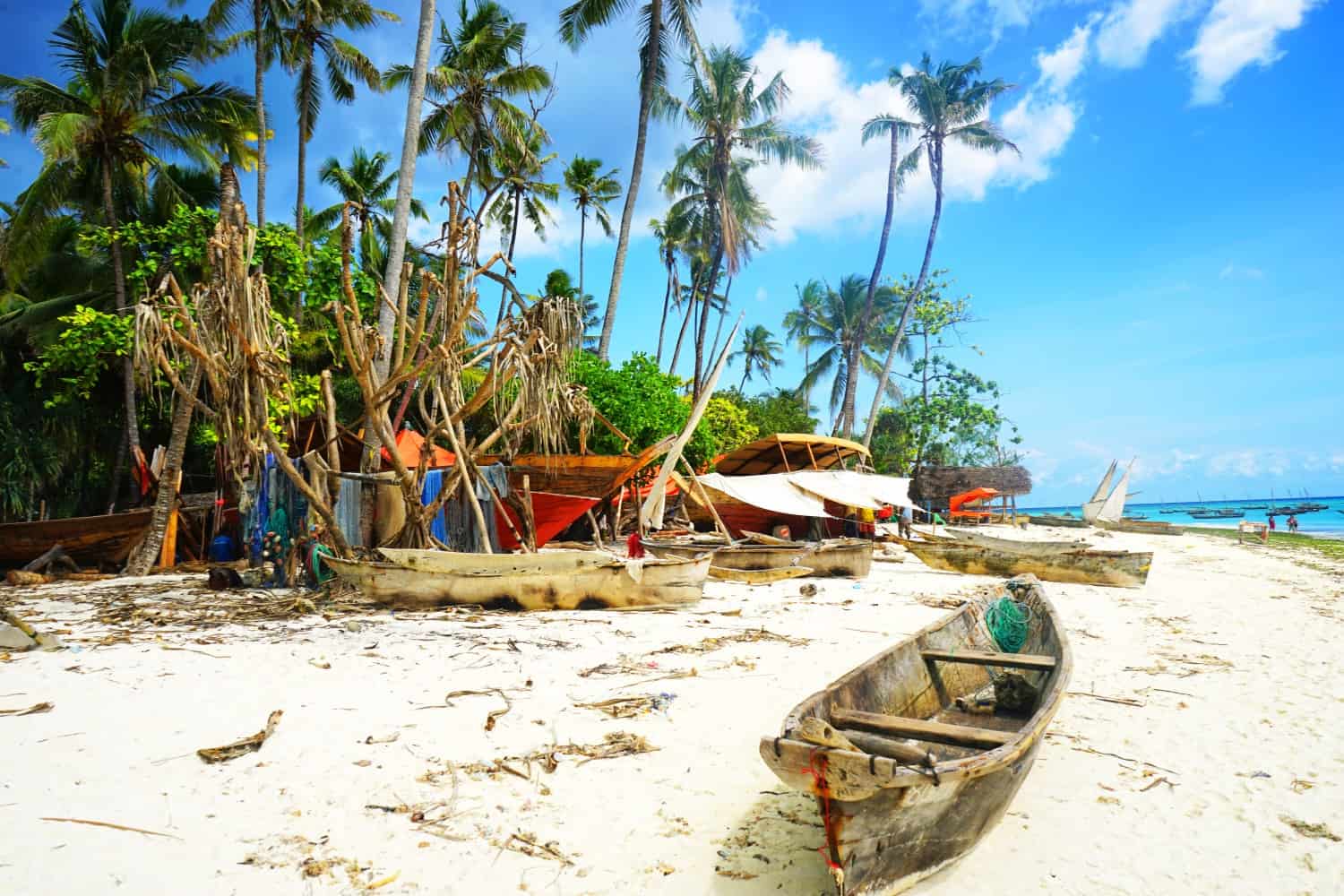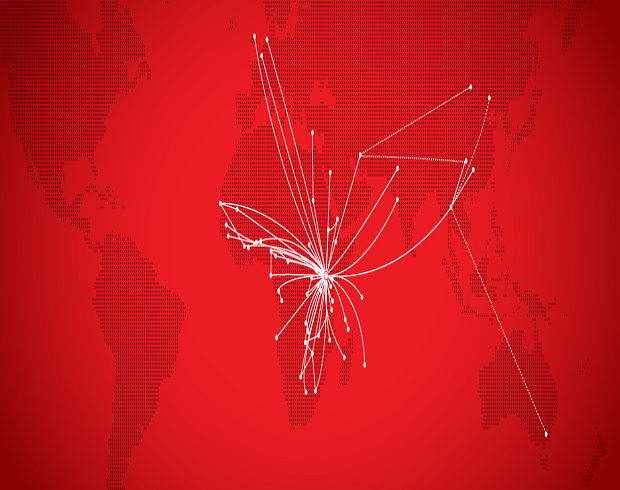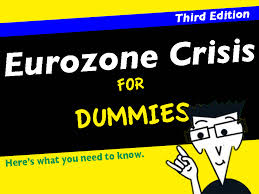When I’m not pounding on my laptop keys, feverishly trying to get 750 nitpicking words out to my very patient Business Daily editor every Thursday, I do get to spend some time doing governance work for different clients. Part of that work is evaluating the performance of boards of directors where we issue a questionnaire and it is filled by all the members of the board. The questionnaire is fairly comprehensive, covering all aspects of board work for instance board information and board processes, but then it can get really introspective by asking directors to rate the performance of their peers. Different aspects are interrogated here such as how the director prepares for board meetings, contributes during the meetings, interacts with her peers and management amongst other areas.
It’s not hard to know if a director is prepared for a board meeting because you will see whether they are asking questions whose answers are on page three of the board pack in red, bold font or who insist that management read the paper out loud, word for excruciating word, as if they were a kindergarten teacher providing a critical lesson in washing hands. On how the director interacts with her peers, as evaluators we are looking to see if the person engages her peers respectfully, listening keenly when required and not always hogging the airtime during meetings. Do her contributions generate a normal conversation or are they the Molotov cocktail that always start a fight amongst board members or against management? Well of course we don’t ask the question in such an incendiary manner, but the answers from evaluation participants who are honest will usually provide illuminating answers when truth has been chosen as the path to an evaluation Damascus.
As I’ve been doing these evaluations for the last ten years, I have met hundreds of directors who have enriched me with knowledge on how good and bad boards perform. Early in my governance journey, I took on an assignment of a board based in one of the East African Community countries. It was the first time that the board was doing the exercise, which had been instigated by a significant external stakeholder who needed to know that the organization was functioning optimally in order for that stakeholder’s continued critical support. In simple words: either you guys are a functioning governance organ or we should reconsider why the heck we are supporting you guys.
The exercise went fairly smoothly and all directors actively participated in the process, giving honest feedback about the board’s functioning as well as the performance of their peers. As a rule, I usually have a quick session with the board chairperson before I present the final report particularly where there are some sticky issues that have surfaced during the evaluation. As the client was not based in Kenya, the only time I had to meet with the chair person was literally thirty minutes before the meeting was due to start over breakfast at the hotel where the meeting was taking place. We went through the key areas of concern and then I left the chairperson to read the rest of the report quietly as I went to sit at a waiting area near the meeting room. Twenty minutes after the meeting started, I was called in to give my presentation. The chairperson gave an elaborate introduction of why the board evaluation had been required to be undertaken and then gave me the floor.
I presented the evaluation report and finished off by saying that the individual peer assessments would be sent to each director after the meeting. As soon as I finished, the chairperson said, “Well you have all seen the evaluation report. A number of you have issues with the way I lead the board and push for this organization to perform. I cannot lead where I am not appreciated so at the end of this meeting I will be resigning as chairperson.” Even the fruit flies buzzing over the raisin filled tea pastries came to a standstill as shock sucked the frigid air out of the room.
I had watched a leader undertake the “sepukku” which is an honor bound ritual suicide done by Japanese samurai warriors. The chairperson had chosen to fall on their sword, rather than continue to chair a board where some directors had raised issues with some of the leadership traits exhibited. Could the outcome have been different? Yes, if the chairperson decided to hang in there and undergo a self-imposed performance improvement plan. I have no doubt that there had probably been other issues simmering in the past, but my key take away from that episode was this: When it’s time to go as a leader, don’t wait to be pushed off the cliff. Just jump.
Twitter: @carolmusyoka

 carolmusyoka consultancy
carolmusyoka consultancy
 @carolmusyoka
@carolmusyoka






